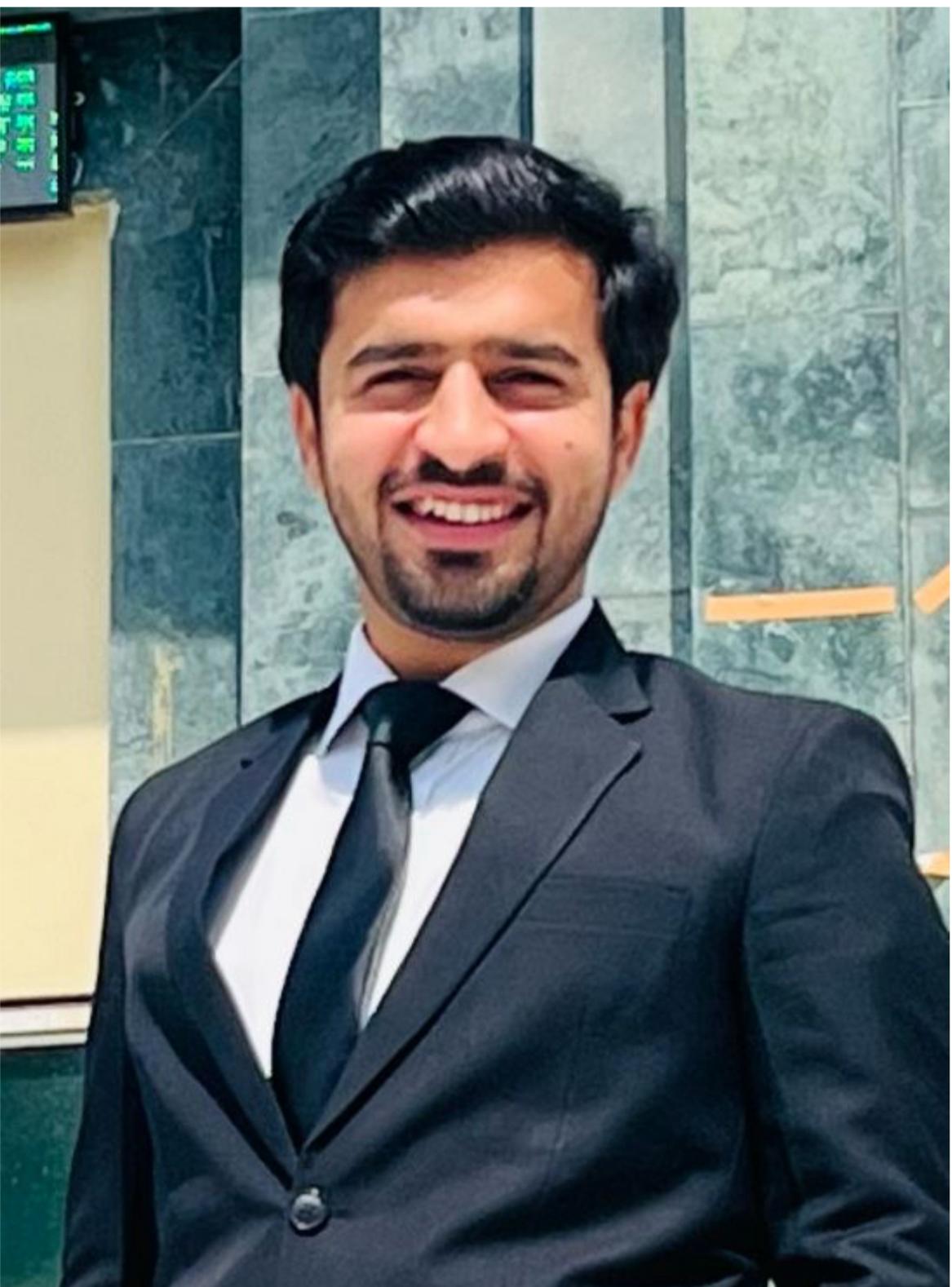By Advocate Abdal Shams
In Pakistan, being a woman often means living under the constant threat of violence, scrutiny, and judgment. Deep-rooted patriarchy and systemic misogyny have created an environment in which simply existing as a woman can be dangerous.
The recent murder of Sana Yousaf, a young girl stalked and ultimately killed, has yet again exposed this bitter truth. Her death was not an isolated event, but a symptom of a much larger societal illness. She was harassed, followed, and murdered for no reason other than refusing a man. The idea that a man is entitled to a woman’s time, attention, or body, even against her will is a form of control and domination, not affection. This entitlement is lethal.
In the aftermath of such crimes, public discourse often turns to judgment—not of the perpetrator, but of the victim. People ask what she was wearing, why she was outside, or why she didn’t take more precautions. These questions shift blame onto the victim and exonerate the attacker. This pattern of victim-blaming does more than reveal deep misogyny; it empowers aggressors and ensures the cycle of violence remains unbroken.
Pakistan has seen countless cases like Sana’s, many of which go unreported. The male ego, when nurtured by a culture that equates masculinity with dominance and ownership, becomes dangerous. Rejection is taken as a threat. A woman’s independence becomes an insult. Her voice, a challenge. And in the absence of strong legal consequences or meaningful cultural resistance, this mindset often leads to violence.
What is perhaps most disturbing is that this misogyny is not hidden. It is visible in media, in courts, in classrooms, in homes. It is repeated in religious discourse that has been distorted to control rather than uplift women. In truth, Islam grants women dignity, rights, and respect—something society seems to have forgotten.
The Qur’an is unequivocal in its affirmation of a woman’s humanity and worth. Allah says in Surah Al-Hujurat (49:13): “O mankind, indeed We have created you from male and female and made you peoples and tribes that you may know one another. Indeed, the most noble of you in the sight of Allah is the most righteous of you.”
This verse affirms that moral worth is not based on gender but on righteousness.
And in Surah Al-Baqarah (2:228), He reminds us: “…And women have rights similar to those over them according to what is reasonable…”
The rights of women are embedded in the foundation of Islamic justice. Yet in practice, culture often takes precedence over religion. What prevails is not faith but patriarchy dressed in religious language.
Sana Yousaf paid the ultimate price for saying no in a society that still treats women as property. Her murder was not just a tragedy—it was a failure of systems, values, and conscience. And unless there is a radical transformation in how women are treated, protected, and understood in Pakistan, such tragedies will continue.
To speak, to walk, to say no, to be seen, these are basic human actions, but for women in Pakistan, they are acts of defiance that can too often be fatal. The mere existence of women feels like a crime, punished by harassment, violence, and relentless scrutiny. From forced silence and denied education to domestic abuse and public shaming, their lives are shaped by fear and inequality. Until women are recognized as equals in law, culture, and faith, this injustice will persist. Pakistan must confront its complicity—silence is no longer an option.
(The writer is a practicing lawyer based in Peshawar, Khyber Pakhtunkhwa and can be reached at cadetabdal@gmail.com).

